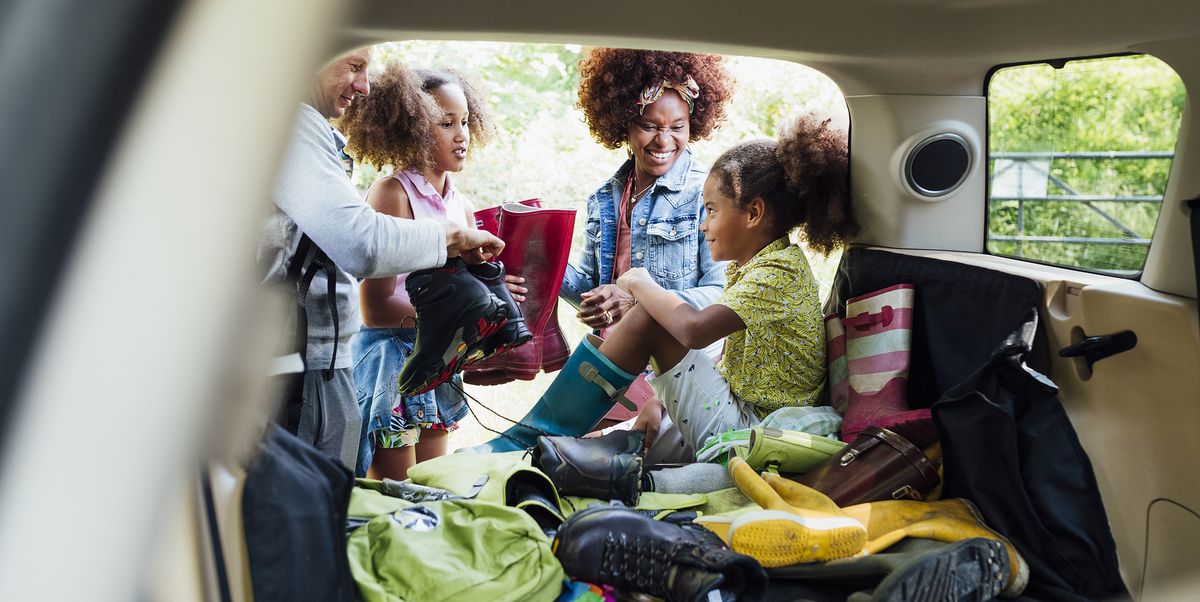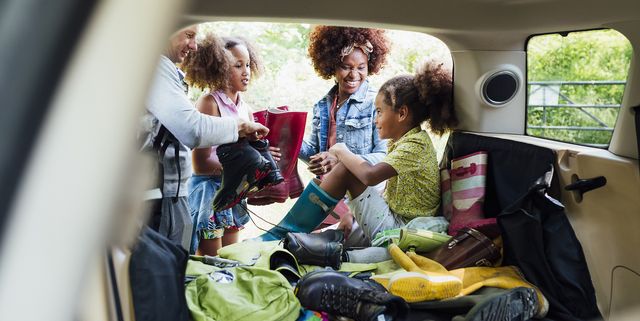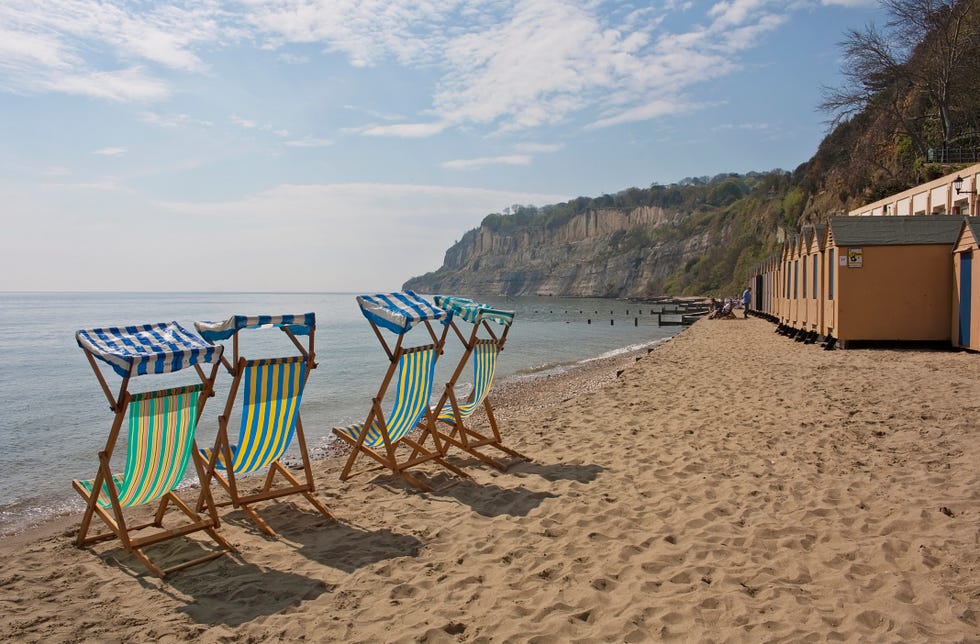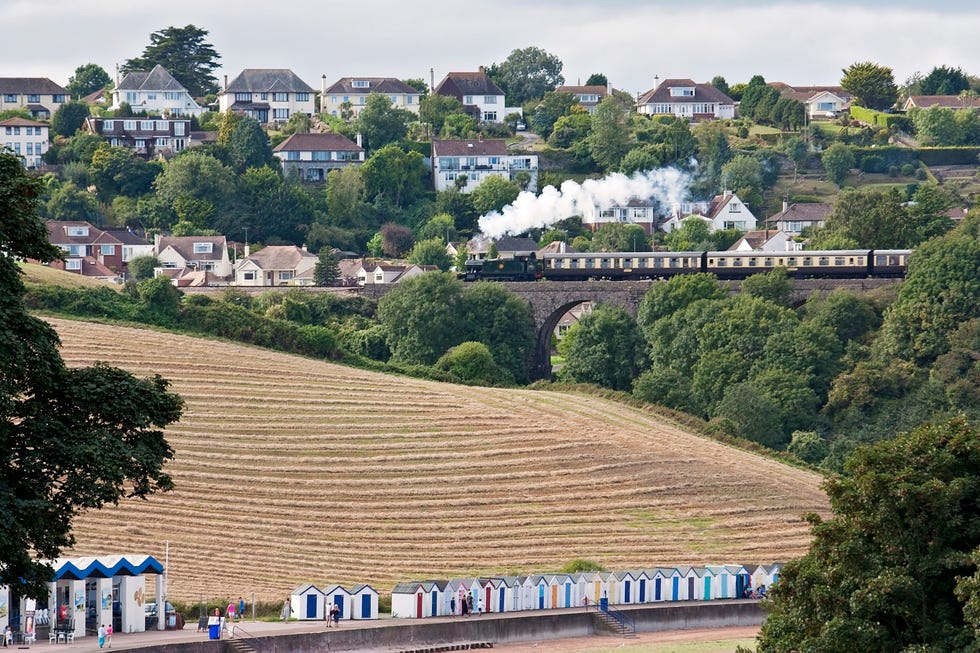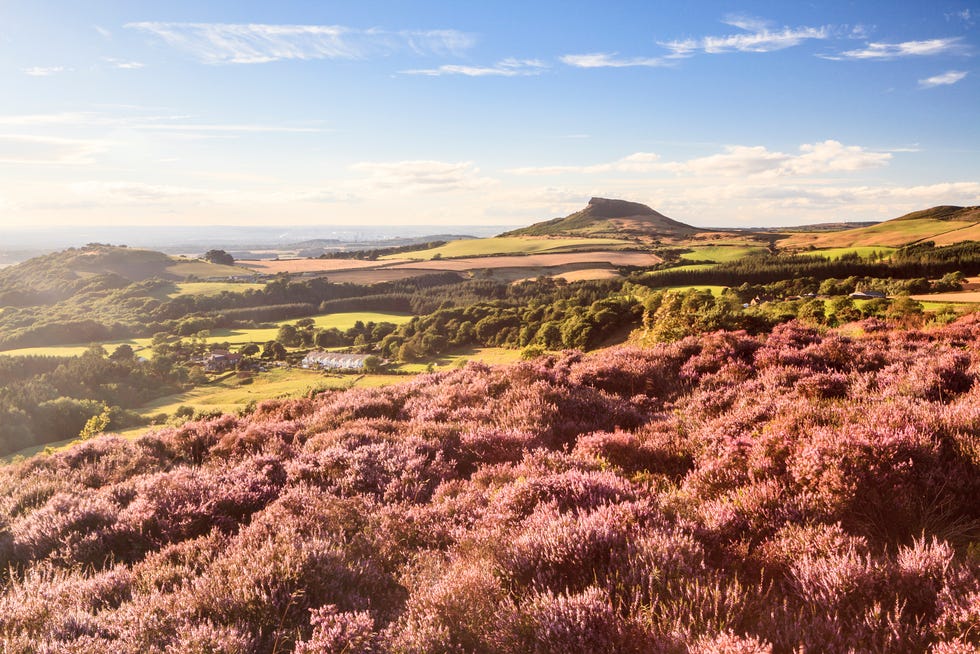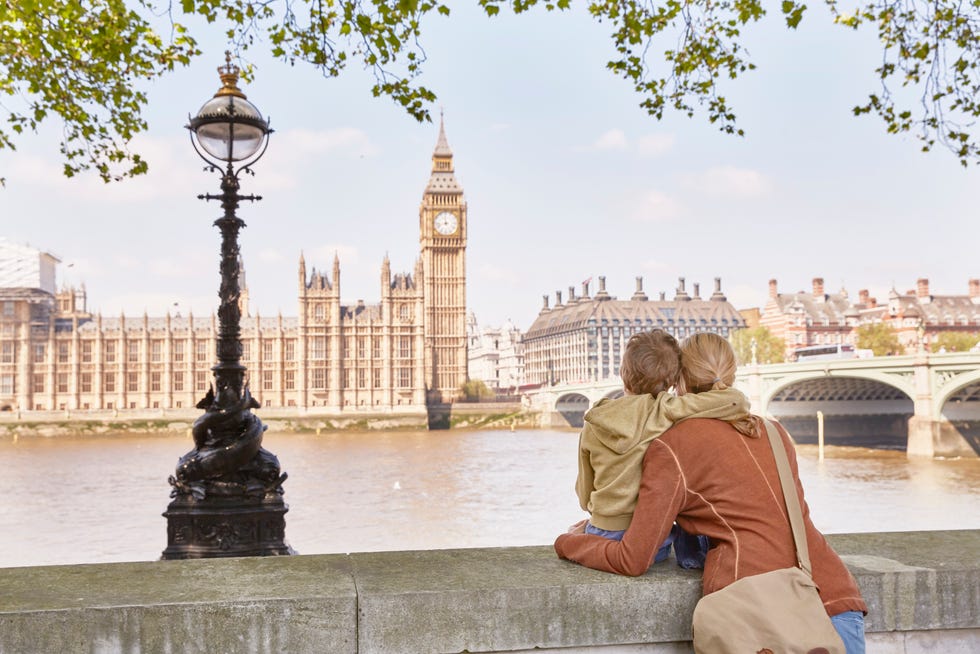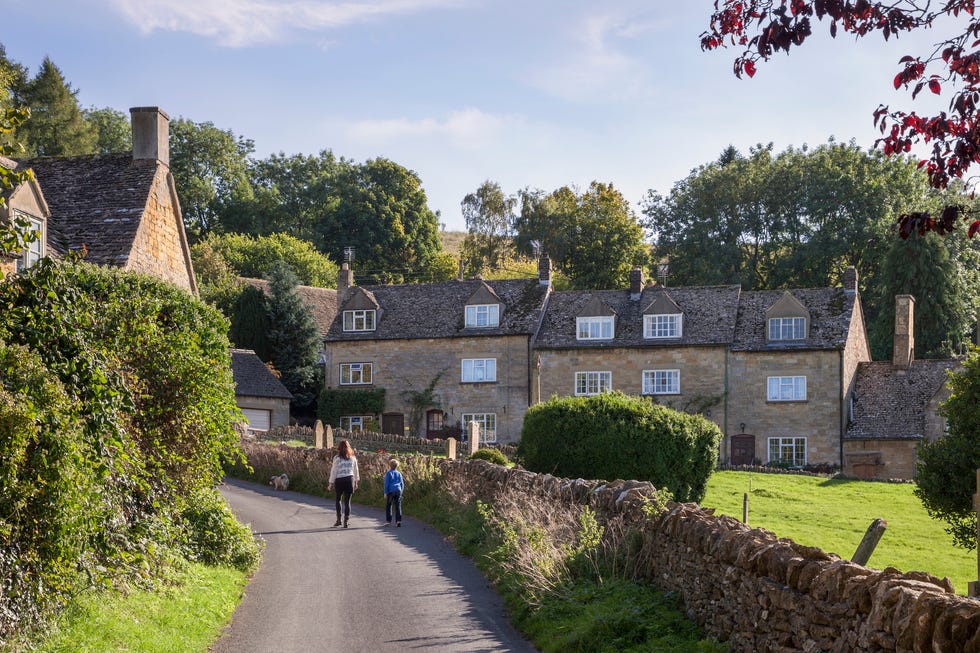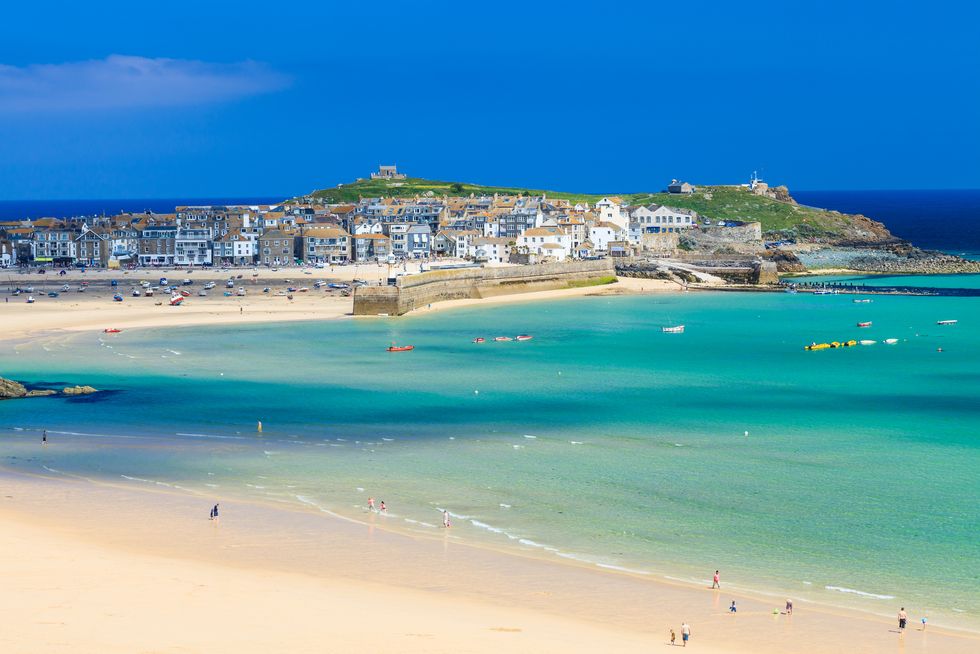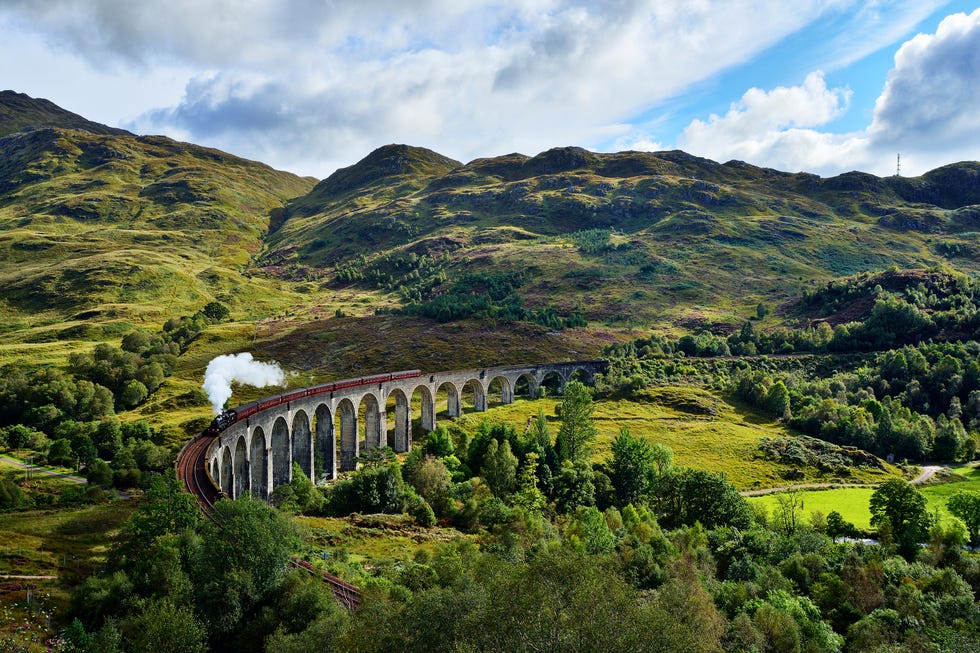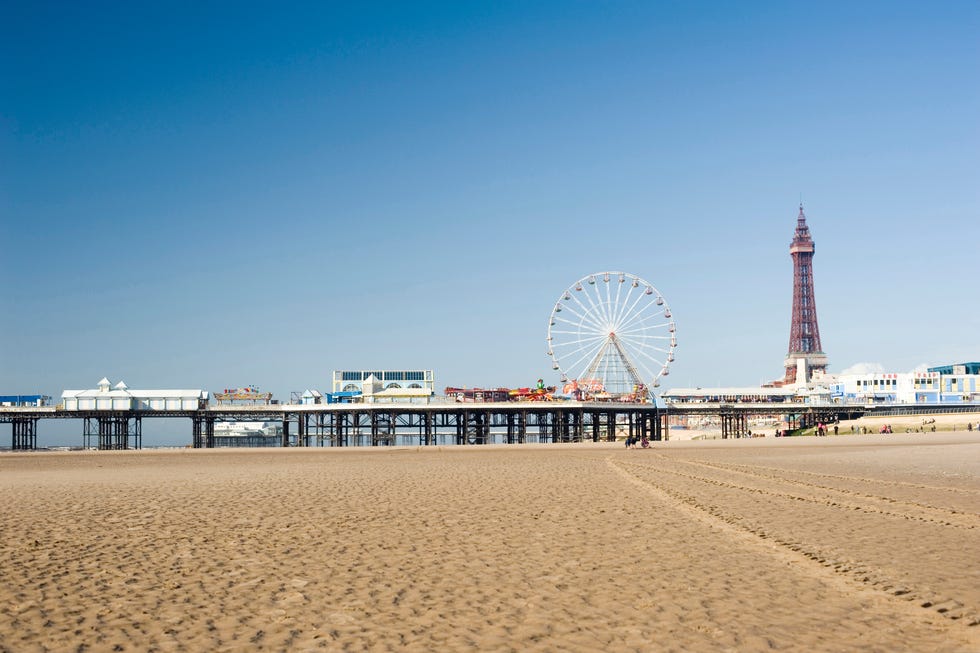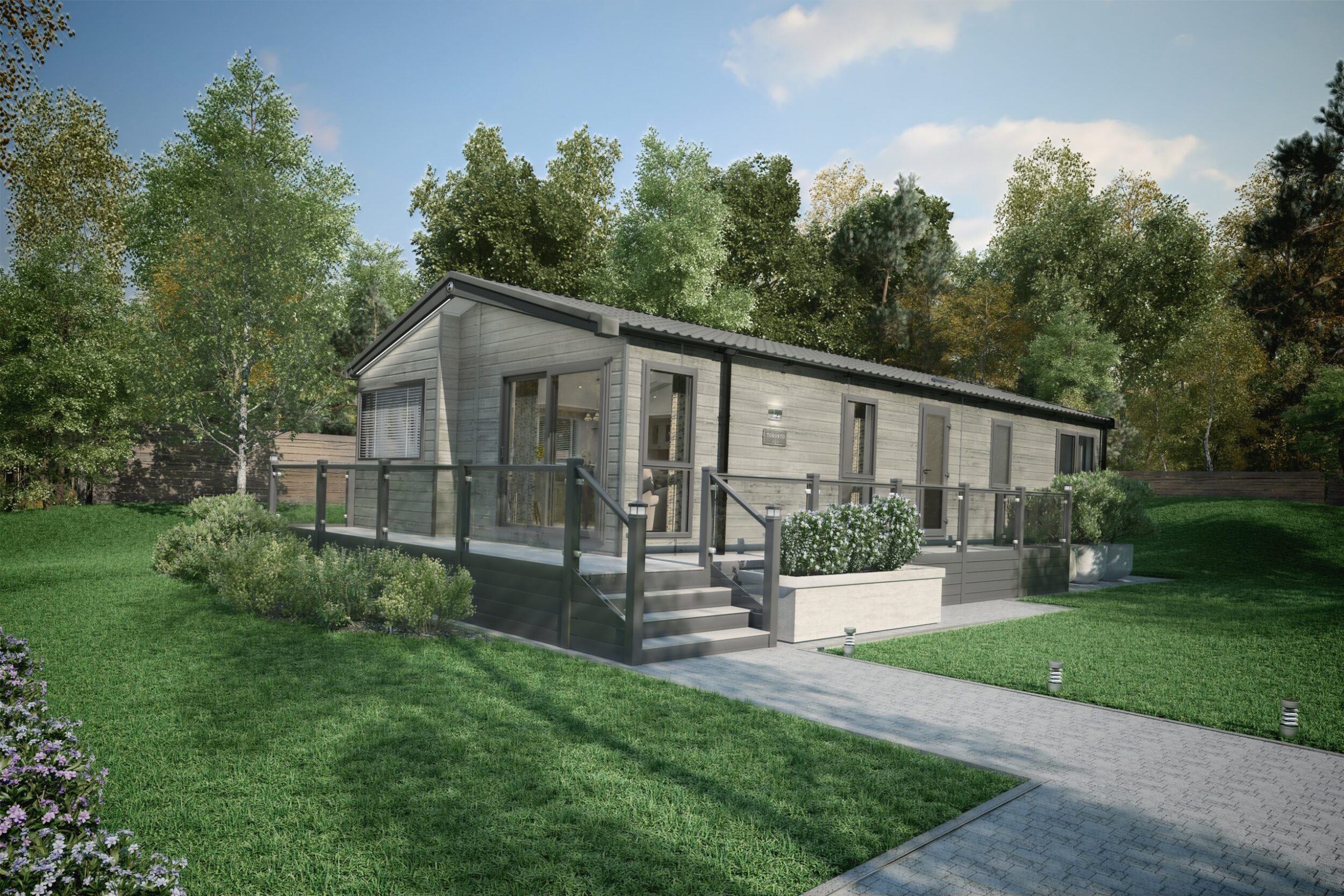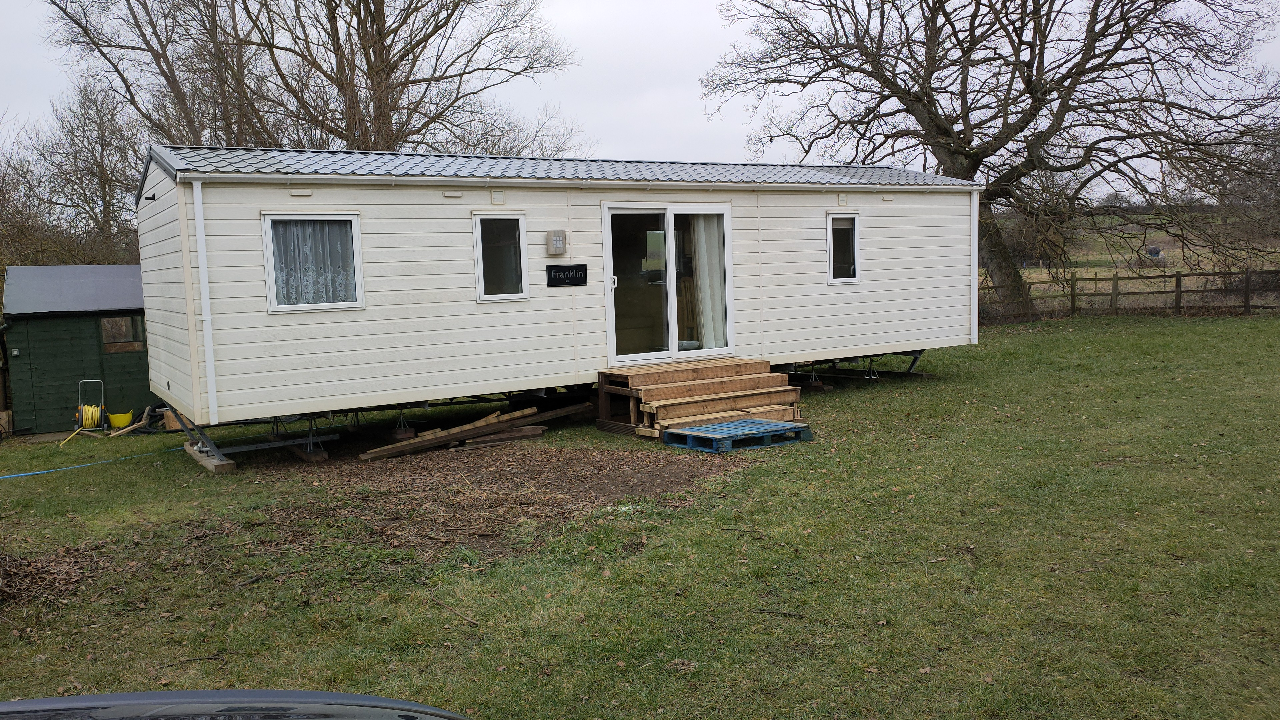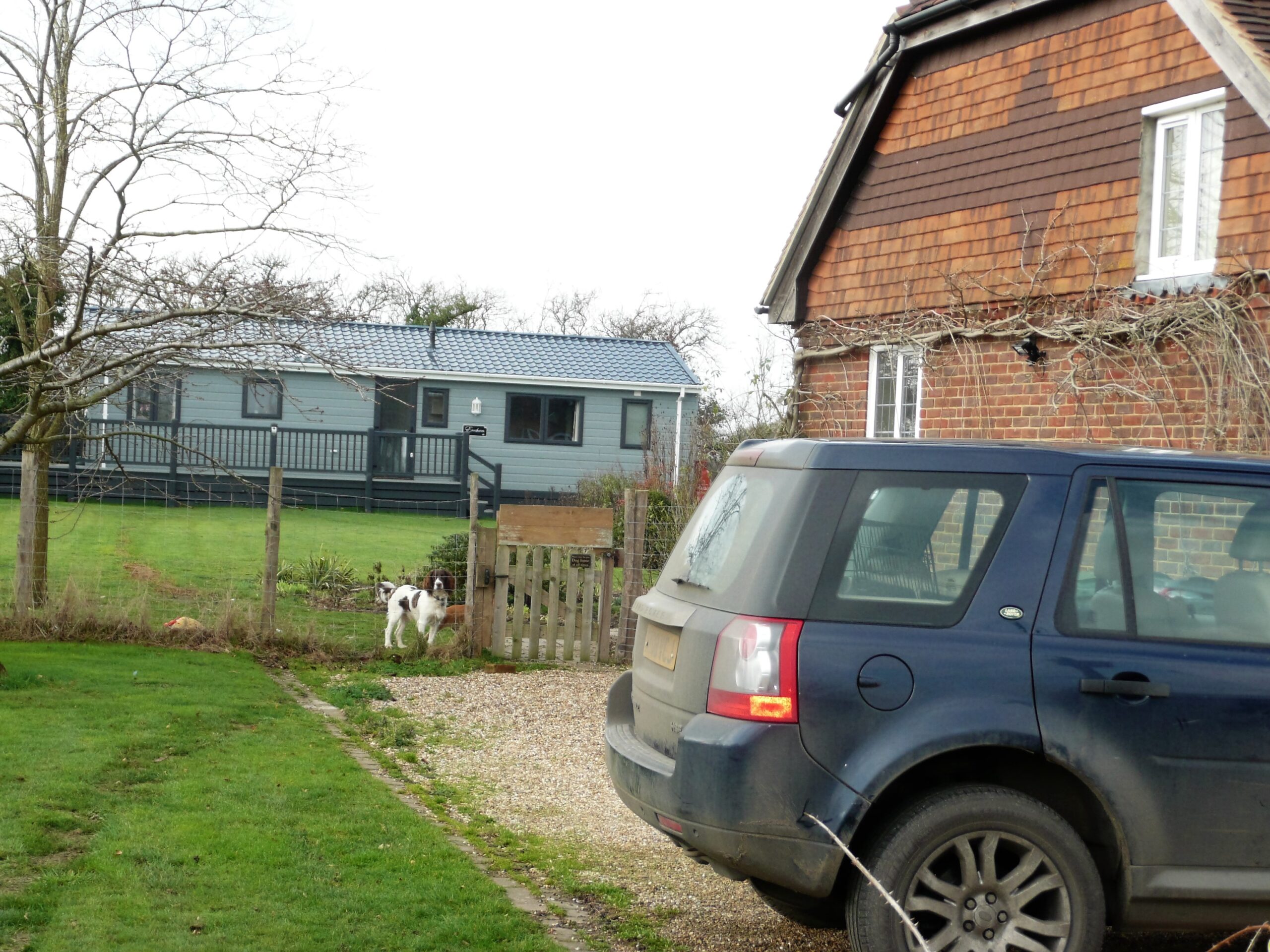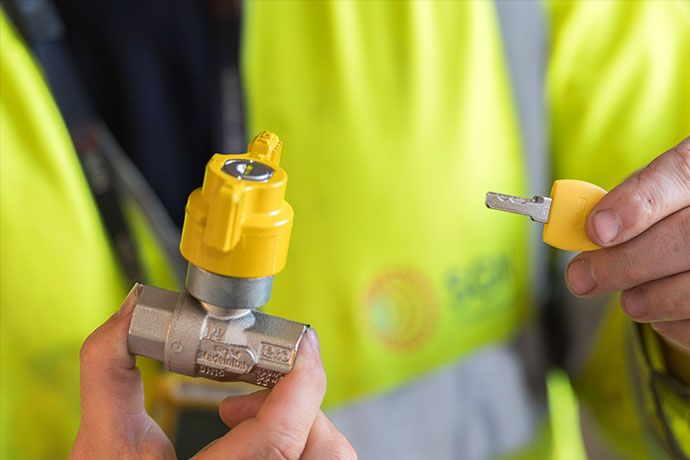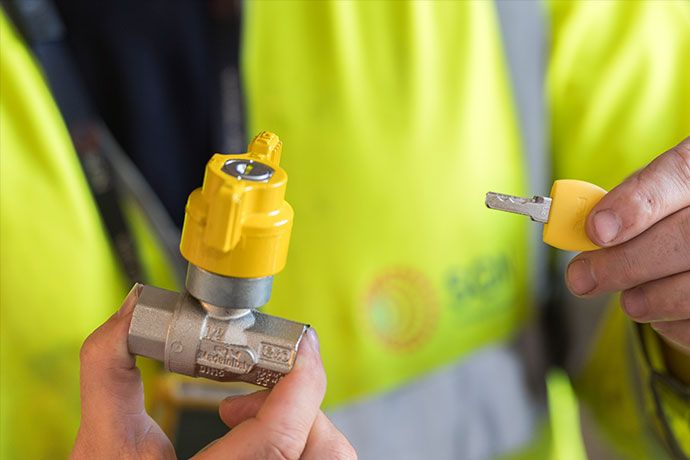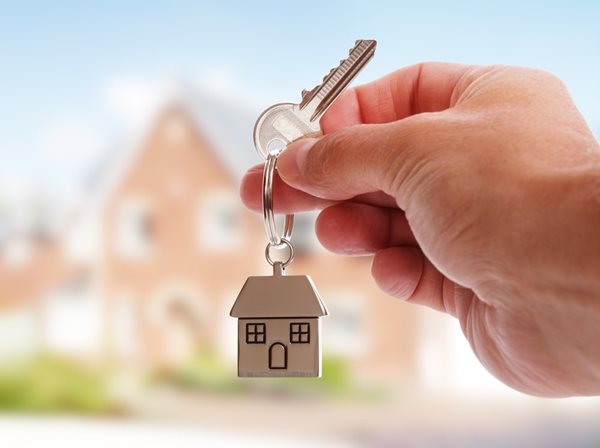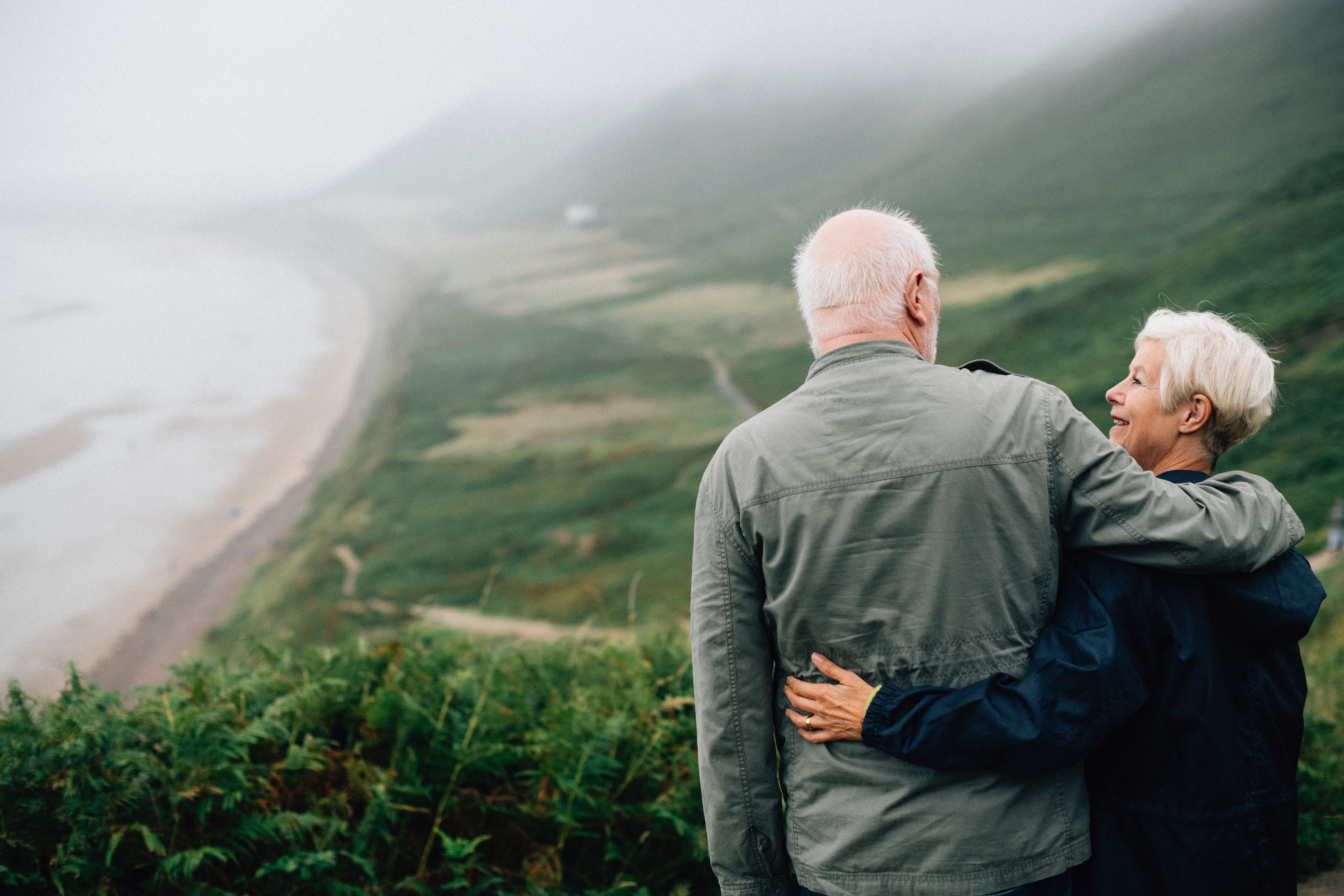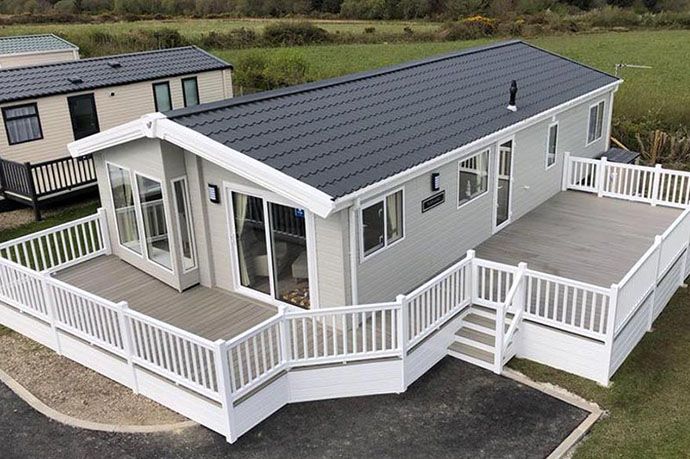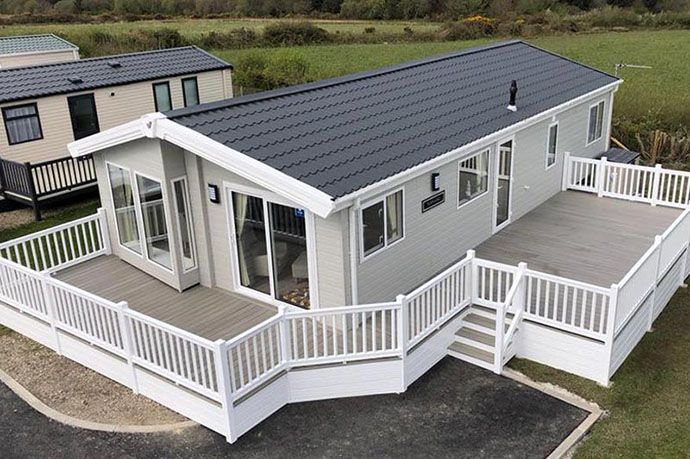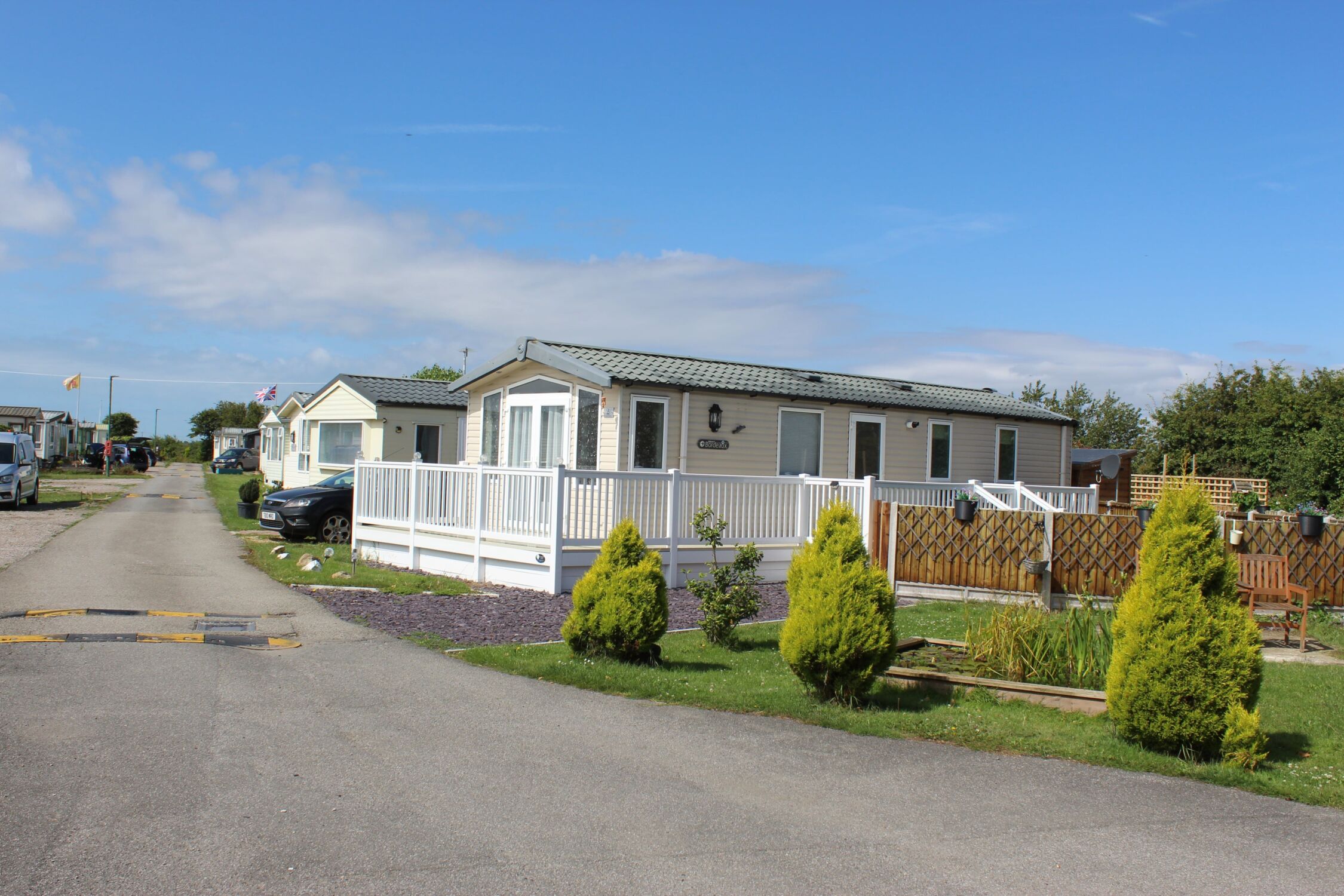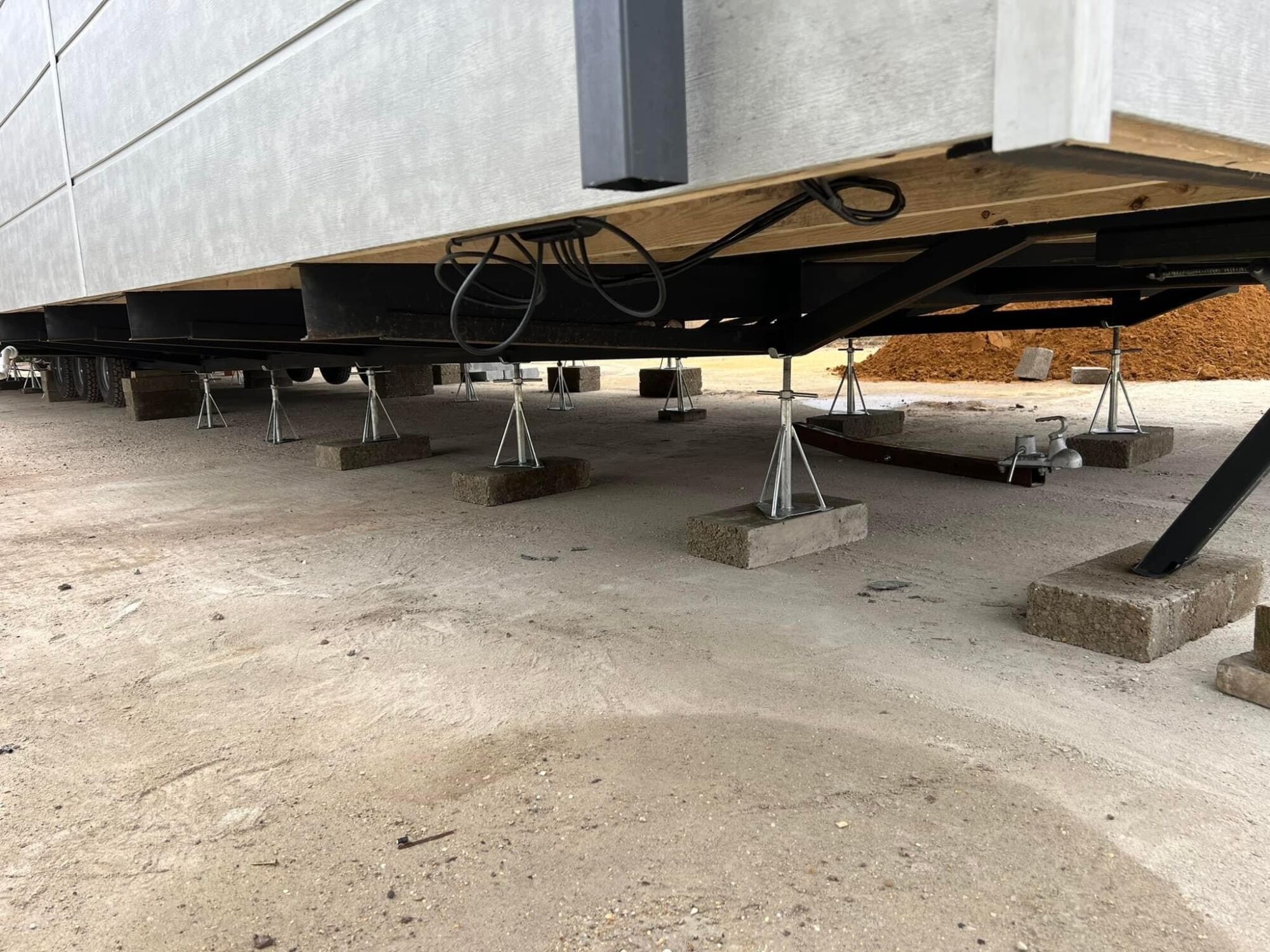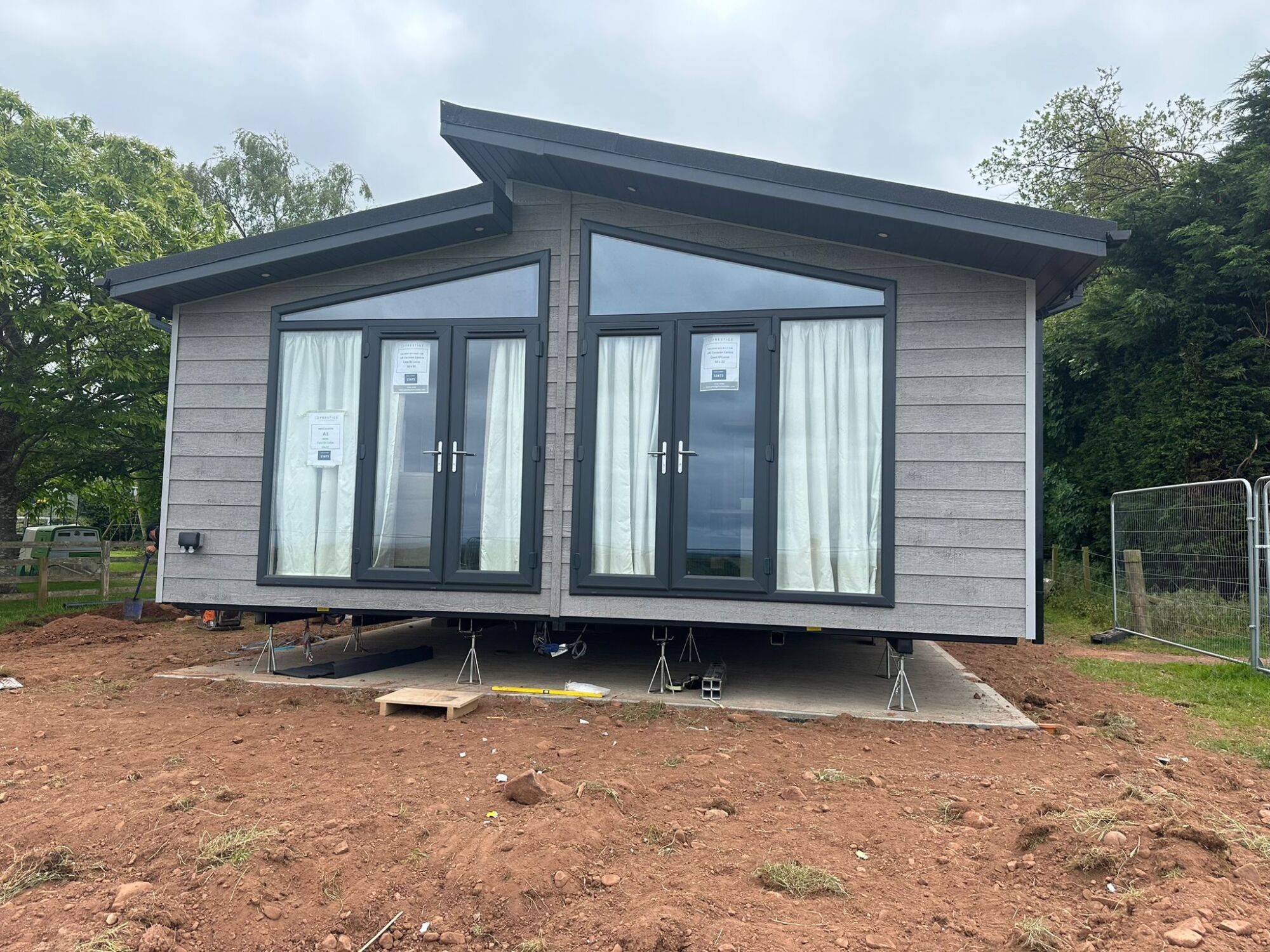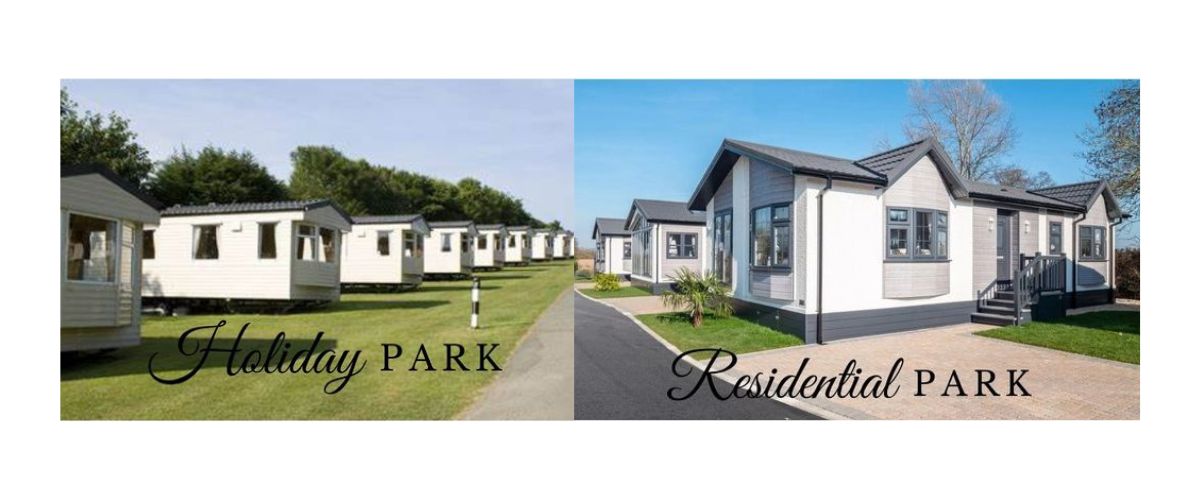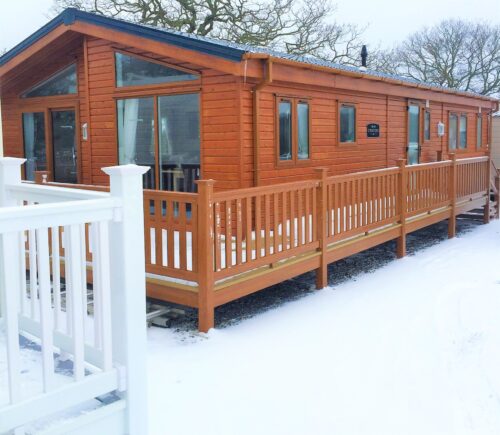Are you looking to buy a static caravan? Owning a caravan is the most accessible way of owning your own holiday home. A static caravan provides you with the opportunity to go on holiday as often as you want to; without the added stresses of excessive travel, passports and all the unexpected costs that go along with getting to unfamiliar locations.
A static caravan is yours and you have the freedom to holiday anytime you want. Static caravans are not just a home from home, but one with all the luxuries, facilities and attractions of a top-notch tailored holiday. It is the cheapest and easiest way to have your own perfectly personalised holiday. In this article we have compiled the top 35 questions to ask when buying a static caravan;
1. What Costs are Involved in Owning a Static Caravan?
The pitch fee will be the biggest cost involved in owning a static caravan. The costs can vary between £2,000 – £10,000, depending on what the parks have to offer in terms of location, facilities and your pitch position.
Some parks will provide complete access to their entertainment and facilities within your pitch fee. On top of this, there are other fees connected to general living costs, such as electricity, gas, water and insurance. There will also be business rates to pay. All the expenses that you are required to meet should be a part of your written agreement with the park providers.
2. Do Holiday Parks Close for Winter?
A lot of parks are open for the twelve months of the year. Each holiday park has a tailored opening schedule, so it is essential to check when each is open and closed. Some are open seasonally, for instance, ten months of the year. It is useful to have full knowledge of the individual park’s planned opening as it will help you to schedule your holidays around it. A post-season closure might be ideal if you didn’t need to use your park home in the winter. It can also help you account for potential income (should you be renting it out).
3. Can I Live in a Static Caravan?
No, you cannot live in a static caravan on a holiday park as your main residence. If you want to live in a static caravan, you will need to either look for a residential park or have your own land to put the home on.
4. How long can I keep my static caravan on the pitch?
Parks hold limits on how long you can have your static caravan on a pitch. This will vary, with some parks offering a nine-nine year-long pitch and others offering as short as fifteen years. Whatever the age limit on a particular pitch, this will be outlined in your licence agreement and usually cannot be negotiated. So, do ensure that you obtain this information in writing and that you are aware of the facts.
5. Are Holiday Parks child-friendly?
Once again, the answer is that some do and some don’t. That said, there are plenty of options for you if you do have children. There are parks that offer entertainment for them, parks and activities, as well as children’s clubs and even childcare services.
6. Can you take Dogs to Holiday Parks?
Yes, most holiday parks are now pet friendly. Holiday parks have adapted over the years to cater for our four-legged friends and realise they are part of the family. However, there are still a few that are not, so ask the question and check the contract before you purchase.
7. Can I Sell My Static Static Caravan?
Yes, you can sell your static caravan and there are different options for selling. You must check with the park operators before placing the static caravan for sale. This information on selling is detailed in your licence agreement.
Another reason why it is so vital to ensure that you have a written contract – without one the process of selling your static caravan on its pitch could be jeopardised and you would have to liaise with your park operator for guidance.
8. Do Static Caravans need Insurance?
Yes, static caravans do need insurance. in fact, it will probably be a condition of your licence. Public liability insurance is imperative for your static caravan. This should always be included in the wording of a policy. It is recommended to check with the holiday park operators regarding insurance responsibilities. They will have a wealth of experience on the subject, a sound knowledge of exactly what is required and will be able to point you in the right direction ensuring your policy is aligned to your requirements. Read further about Static Caravan Insurance.
9. Can I Rent or Sublet my Static Caravan?
This can be a great way for static caravan owner to subsidise their pitch fees and other costs when they buy a static caravan. A lot of parks allow this as an option. Do, however, be sure to seek independent advice when purchasing as a ‘buy to let’ and be savvy when receiving schemes such as ‘Return on Investment ‘ (ROI) and ‘guaranteed lets’.
10. Can I lend my Static Caravan to Friends and Family?
Yes, you can usually lend your static caravan to friends and family. This is one of the most prominent benefits of owning a static caravan. A static caravan may be shared and enjoyed amongst friends and family. However, check the contract before purchasing.
11. Does a Static Caravan Require Maintenance?
Yes, a static caravan does require maintenance. By carrying out simple maintenance, you will be able to increase the lifespan of your static caravan. Be sure to keep hold of the manufacturer’s handbook, it will contain all the detail and outline all aspects of maintenance and general care. The majority of manufacturers do now offer extended warranties but know that these don’t tend to cover wear and tear.
The manufacture of static caravans is to a high standard and the newer the static caravan, the less maintenance they should require.
12. Can you get a Static Caravan on Finance?
Yes, finance is available for static caravan finance. This is subject to the usual checks and conditions. A holiday park will usually have an existing relationship with a finance company that they will offer to you, by way of assisting you with spreading the cost.
Do be aware, though, that there can be a high-interest rate within these schemes. You may want to seek independent advice before signing any finance agreement and agreeing to buy a static caravan. Banks will also loan on the purchase of a static caravan.
13. Is it possible to place a Deposit on a Static Caravan?
As with many things, this entirely depends on the individual park operators. Some parks will allow a deposit service on static caravans, holiday homes or pitches. Whilst others will ask for payment in full.
14. What is the minimum deposit amount?
Again, this will vary depending on the individual holiday park. But as a ballpark, you are likely to need a 25% deposit to reserve a holiday home.
15. Do Static Caravans need a TV Licence?
No, you don’t need a separate TV license for your static caravan If you already have a registered TV license to any address in the UK.
16. Does the Holiday Park have its own entertainment and sports facilities?
This differs from park to park. Many have an array of onsite activities and facilities. Some parks offer these for free. Others will sell passes to access their entertainment offer, these costs vary so it is valuable to check the park’s pricing. It is well worth finding out if these facilities are open year-round, or seasonally, as well as when they close day-to-day.
17. What Entertainment Facilities or Activities are close by?
Sometimes, part of the joy of the holiday park is that it is close to local attractions. Often parks have been developed in particular locations because they are a destination point for certain activities. Many parks hit the perfect balance between locality and in-site facilities.
18. How Much are the Site’s Fees?
Site fees will vary from park to park and are often dependent on the specific location. You can expect to pay higher site fees if the park is in a popular holiday location as opposed to a quiet rural location.
19. How often do Site Fees Increase?
You can access the history of how specific site fees increase, how frequently they do so and to what value. This can be really useful in your effective budgeting
20. Can I Pay my Site Fees in Instalments?
This depends on the individual park or park group. If you’re worried about paying the site fee in a lump sum in some cases you may be able to pay site fees in a series of instalments rather than in one lump sum. Some parks offer systems, where you can pay quarterly whilst others, maybe half-yearly or yearly.
21. How is Gas and Electricity paid for in a static caravan?
This differs between parks. On some you will be getting your gas from a bottle that you pay as you use it, others will have a mains gas supply that is incorporated into your annual charges. Generally speaking, your pitch will have its own electricity metre, which will also be part of your annual payments. It is always good to check the frequency of these payments and how you are expected to pay them with your park provider so that they can be included in your budgeting.
22. Can I Expect there to be Internet Access on the Park?
If internet access is a required part of your holiday experience then you’ll be happy to know that many parks have either Wi-Fi access or that a dongle can be used in that area. Obviously, information is readily available on what the best service provider is for that particular area.
23. Do Pitches come with a Parking Space?
Yes, most pitches will come with a designated parking space. But should you need extra parking for any visitors or people you are holidaying with, then you will need to check with your holiday park.
24. Are there Shops on the Caravan Park Site or Nearby?
The vast majority of holiday caravan parks will have an on-site shop, that is easy to access. That said, these shops are more often than not somewhat more expensive than your average supermarket. They are very handy if there is a shortage of shops in the local area. You can search any supermarkets in the vicinity, and some do offer delivery to parks and sometimes individual static caravans.
25. What Guarantee can I expect when Buying a Static Caravan?
In general, the guarantee usually lasts between one and three years, but some even have a five-year guarantee. All the information of the warranty can be found in the Manufacturers’ Guide upon purchase of your static caravan.
26. Does the Park Operator have Staff available 24/7?
Caravan holiday parks have intricate staff bodies that provide the smoothest possible experience. But it is helpful to know what those staffing arrangements are ahead of your purchase, to help you to be prepared for any emergencies that may occur.
27. What Security is in place for when the Caravan Park is Closed?
Should you be purchasing a static caravan on a park only opening seasonally, it will be imperative to know that your property is safe and secure outside of that season, when you are leaving it behind. All caravan parks will have the staffing to cover this securely and ensure that your holiday caravan is safe. You can always ask about what this entails to put your mind at rest.
28. When is the Best Time to Buy A Static Caravan?
There are no concrete factors that combine to make the best time to buy a static caravan, other than your circumstances and when you are ready. Once you have gathered all the information that matters to you, had all of your questions answered and firmly decided that a static caravan is everything you had hoped it would be then this is the right time to buy.
There can be post-season deals to be had when buying a new static caravan. However, the best caravan parks always have highly sought after plots, so there is little difference. If you have engaged the services of a caravan dealer, you can and should always ask if there are any discounts: you have nothing to lose.
29. Do you Pay Council Tax on a Static Caravan?
No, you do not pay council tax on static caravans. Council tax is specifically reserved for the main residence. When you buy a static caravan, it should be intended for holiday use only.
30. Do you Pay Business Rates on a Static Caravan?
It is very likely that you will pay a fee that contributes to the holiday park’s business rates. See this as a council tax alternative.
31. Can I have decking on my Static Caravan?
Although a static caravan is individually owned, whether decking is allowed is up to the park operator. Before decking is added to a static caravan
Decking is an investment into your lifestyle and maybe part of your holidaying needs. Therefore, you want it to be idyllic and up to your tastes and standards. When you buy your static caravan, it may already have the decking included, or if new, there may be an additional cost for the decking.
32. Do I Need to pay for Siting and Connection of the Static Caravan?
Some parks offer siting and connection as part of your licence agreement. However, some parks may charge an extra fee for this service. Many parks will include siting and connection as part of your licence agreement. That said, there can sometimes be an additional fee for this service.
33. How do I arrange to get my Static Caravan Sited?
Your static caravan will be sited by the park operator or supplier. This will be executed on your behalf, but the park operator should consult with you through the process. If you are moving your holiday home from another park, additional siting and connection costs may incur.
34. Are there any Park Rules?
Different parks have different rules and regulations but consistently tend to include noise regulations, opening times and how they operate their entry and exit registration. See our article on the differences between a holiday park and a residential park.
35. Should I Buy a New Static Caravan?
There are pros and cons to buying a new static caravan. For an older static caravan, the upfront costs may be less, but you can expect to pay more in the long run for maintenance. For example, a second-hand caravan may have ongoing maintenance issues, all of which will go on to derive extra costs. If you are buying to let, buying a new static caravan will be significantly easier to manage as a landlord and work out cheaper in the long run.

